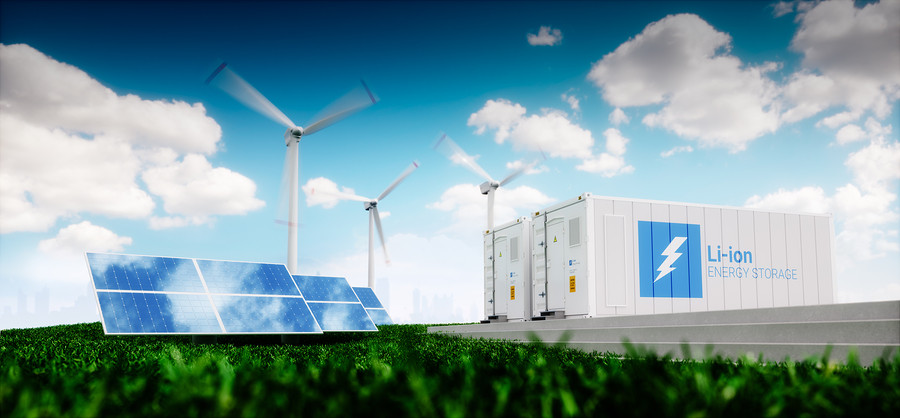Earlier this year, Elon Musk, Tesla’s product architect, made a bet that he could install the world’s biggest battery within 100 days of signing a contract to begin work on it. Musk has since won this bet after installing a massive lithium-ion battery in South Australia.
The bet that started it all
The bet was initially incited by the head of Tesla’s battery division, Lyndon Rive, in response to a conservative jab pinning power outages in South Australia on renewable energy. Apparently offended by such a notion, Rive asserted that he could build a battery which could solve the country’s power issues.
The battery
The battery was placed in South Australia to circumvent issues which have, in the past, led to frequent power outages. This part of Australia has experienced broad sweeping power outages caused by storms as well as heat waves, when the power demands overloaded the system.
One storm left 1.7 million people without power. The battery stores electricity harnessed by renewable energy sources, such as wind turbines, making it available when too much strain is placed on the previously existed electrical systems.
The newly installed battery is not only a relief to citizens of South Australia, who suffer through frequent blackouts, but it opens the door for more widespread renewable energy plans.
Unfortunately, South Australia’s new power plan also involves more natural gas consumption, but their new battery can still serve as an example. It can also prove that renewable energy can save money in the long run.
Batteries such as this one require a large initial investment, as do the structures that feed them power, but they save tremendous amounts of money once operational, over time.
The cost of renewable energy
Recent statistics indicate that the use of renewable fuel sources is now less costly than fossil fuels. This means that renewable energy systems which were once only feasible for countries, corporations and the very rich are now affordable for more homes and businesses.
The advancements in renewable fuel technologies are made possible by the billions of dollars invested in the field. In fact, the amount invested in renewable fuels now surpasses fossil fuel investments by a significant margin.
Climate change, and the disastrous consequences we could face if it goes unchecked, have brought a sense of urgency to the movement toward sustainable energy sources.
The goals set forth by the Paris Climate Agreement aim to keep the temperature from rising more than 2 degrees celsius. Reducing carbon emissions is the driving factor behind our ability to slow human impact on the environment before it’s too late.
Industry
There is some concern that a transition from fossil to renewable fuel sources will leave workers without employment. Many factories and their workers, such as those in the valve industry, can transition their expertise over to renewable machinery.
Because the mechanics of harnessing power have similarities across the board, factories can even continue using some of the same machinery to manufacture parts for wind turbines.
Renewable energy technology is a fast growing career field, with both blue-collar workers and business professionals. Engineers are needed to develop new technology, while business professionals are required for the everyday inner workings of the companies creating it.
Specialists are needed to install solar panels and erect wind turbines. A transition to renewable energy is expected to create more jobs than it will cost.
The bottom line
The Tesla battery is likely to be the first of many. Its power demonstrates the feasibility of harnessing and storing renewable energy for future use.
The initial investment in these technologies, while costly, is balanced over time, both financially and in reduced carbon emissions. The loss of jobs in the fossil fuels industry will be made up for in new jobs that will help build a better future.
While the switch to renewable fuel sources does to be made as a population, there is plenty that individuals can do to take part.


